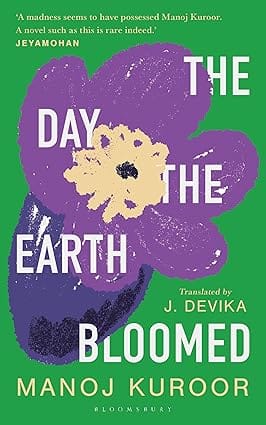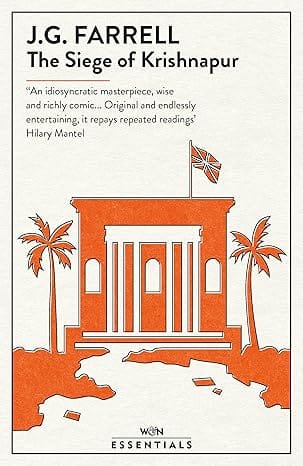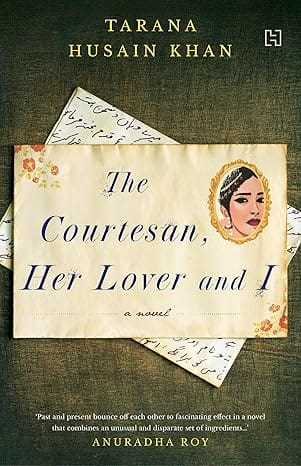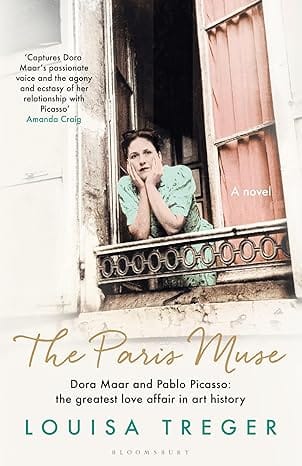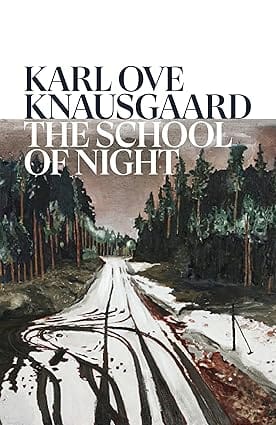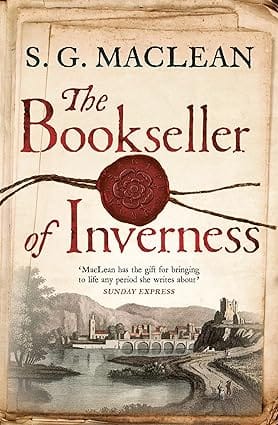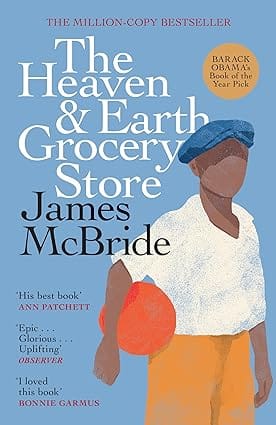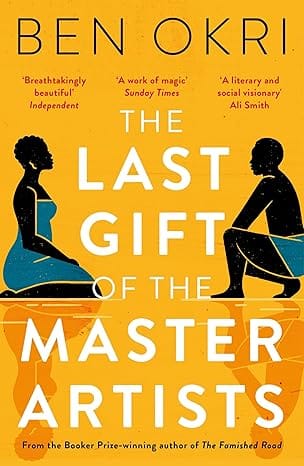-
Non-ficton
- Non-ficton
-
Contemporary Fiction
- Contemporary Fiction
-
Children
- Children
-
Comics & Graphic Novels
- Comics & Graphic Novels
-
Non-Fiction
- Non-Fiction
-
Fiction
- Fiction
We were getting ready to leave - we did not know if we would return. If the seaweed broods over its loosened roots, it can never glide on a current.
So begins the bittersweet account of Kolumban, the man of the family, the player of the lute in his community of itinerant bards. The paanar live near forests, but do not know how to hunt. There are fields of millet behind their huts but they are unused to sowing or reaping. Tired of depending on song and dance to make a living, and the attendant poverty, the eldest son, Mayilan, runs away from home. Many years later his family sets out to find him. As they roam the land, they perform in village commons and palaces, to farmers and cowherds, and famous kings and even more famous poets.
Set seventeen centuries ago, The Day the Earth Bloomed tells the intertwined stories of Kolumban, his daughter Chithira and son Mayilan, drawing on the celebrated poems of classical Tamil. The result is an electrifying and haunting connection to the past.
Review
The great poets of ancient Tamil and the warrior-kings they praised or cursed inhabit the pages of Manoj Kuroor's exceptional, lyrical work. But this book is not a historical novel. It is a shimmering prose-poem, keyed to the natural world of southern India as it once must have been, or as a brilliant poet could re-imagine it. Here the outer world of flowers, rivers, sky, wilderness, elephants, serpents and goddesses reflects the intense inner life of the characters, as if we were reading a compelling, classical Tamil poem composed just for us. -- David Shulman, author of Tamil: A Biography
A fantastically vivid reimagining of a classical society in which life is neatly ordered and culturally sophisticated but also uncertain, violent and dramatic. Kuroor has drawn characters distinctly modern in their troubled self-consciousness, driven to seek not the heroic destinies celebrated in legends but highly personal and recognisable ends. -- Anjum Hasan, author of History's Angel
Manoj Kuroor's Nilam Poothu Malarnna Naal is a rare work in Indian literature. It takes a language as its theme, philosophy and metaphor. Before it was consecrated and confined in the stone idols of Sanskrit by the anthanar - the brahmins - and the varathar - the ones who came from elsewhere - the Malayalam language was rooted in the fertile soils of the Dravida tongue. There it thrived and flourished and bloomed lushly. Nilam Poothu Malaranna Naal brings back to life that experience and marks it in our memory. The book is a reverent song resplendent with the fiery sparks that flew off the history of the ancient people of Kerala and the politics that shaped it. This narrative of the tribal life of yore is such that it makes possible a pan-Indian moulting of the caste system and the history of languages.
I believe this book is a milestone in the history of Malayalam literature. Only someone like Manoj Kuroor who combines academic knowledge and creative imagination in language and literature, and scholarship with performance of music, is capable of such a feat - of imagining and realising such a book.
It is also a milestone in the history of translation. For this is a book in which the translator inevitably encounters every single hurdle in the way of translation with the same intensity. It calls for deep knowledge of history, extraordinary mastery of language and the willingness to let the spirit be consumed by the soul of the work. This is a da
- Home
- Fiction
- Historical Fiction
- The Day The Earth Bloomed
The Day The Earth Bloomed
SIZE GUIDE
- ISBN: 9789356407435
- Author: Manoj Kuroor
- Publisher: Bloomsbury
- Pages: 280
- Format: Paperback
Book Description
We were getting ready to leave - we did not know if we would return. If the seaweed broods over its loosened roots, it can never glide on a current.
So begins the bittersweet account of Kolumban, the man of the family, the player of the lute in his community of itinerant bards. The paanar live near forests, but do not know how to hunt. There are fields of millet behind their huts but they are unused to sowing or reaping. Tired of depending on song and dance to make a living, and the attendant poverty, the eldest son, Mayilan, runs away from home. Many years later his family sets out to find him. As they roam the land, they perform in village commons and palaces, to farmers and cowherds, and famous kings and even more famous poets.
Set seventeen centuries ago, The Day the Earth Bloomed tells the intertwined stories of Kolumban, his daughter Chithira and son Mayilan, drawing on the celebrated poems of classical Tamil. The result is an electrifying and haunting connection to the past.
Review
The great poets of ancient Tamil and the warrior-kings they praised or cursed inhabit the pages of Manoj Kuroor's exceptional, lyrical work. But this book is not a historical novel. It is a shimmering prose-poem, keyed to the natural world of southern India as it once must have been, or as a brilliant poet could re-imagine it. Here the outer world of flowers, rivers, sky, wilderness, elephants, serpents and goddesses reflects the intense inner life of the characters, as if we were reading a compelling, classical Tamil poem composed just for us. -- David Shulman, author of Tamil: A Biography
A fantastically vivid reimagining of a classical society in which life is neatly ordered and culturally sophisticated but also uncertain, violent and dramatic. Kuroor has drawn characters distinctly modern in their troubled self-consciousness, driven to seek not the heroic destinies celebrated in legends but highly personal and recognisable ends. -- Anjum Hasan, author of History's Angel
Manoj Kuroor's Nilam Poothu Malarnna Naal is a rare work in Indian literature. It takes a language as its theme, philosophy and metaphor. Before it was consecrated and confined in the stone idols of Sanskrit by the anthanar - the brahmins - and the varathar - the ones who came from elsewhere - the Malayalam language was rooted in the fertile soils of the Dravida tongue. There it thrived and flourished and bloomed lushly. Nilam Poothu Malaranna Naal brings back to life that experience and marks it in our memory. The book is a reverent song resplendent with the fiery sparks that flew off the history of the ancient people of Kerala and the politics that shaped it. This narrative of the tribal life of yore is such that it makes possible a pan-Indian moulting of the caste system and the history of languages.
I believe this book is a milestone in the history of Malayalam literature. Only someone like Manoj Kuroor who combines academic knowledge and creative imagination in language and literature, and scholarship with performance of music, is capable of such a feat - of imagining and realising such a book.
It is also a milestone in the history of translation. For this is a book in which the translator inevitably encounters every single hurdle in the way of translation with the same intensity. It calls for deep knowledge of history, extraordinary mastery of language and the willingness to let the spirit be consumed by the soul of the work. This is a da
Related Books
User reviews
NEWSLETTER
Subscribe to get Email Updates!
Thanks for subscribing.
Your response has been recorded.

India's Iconic & Independent Book Store offering a vast selection of books across a variety of genres Since 1978.
"We Believe In The Power of Books" Our mission is to make books accessible to everyone, and to cultivate a culture of reading and learning. We strive to provide a wide range of books, from classic literature, sci-fi and fantasy, to graphic novels, biographies and self-help books, so that everyone can find something to read.
Whether you’re looking for your next great read, a gift for someone special, or just browsing, Midland is here to make your book-buying experience easy and enjoyable.
We are shipping pan India and across the world.
For Bulk Order / Corporate Gifting
 +91 9818282497 |
+91 9818282497 |  [email protected]
[email protected]
Click To Know More
INFORMATION
POLICIES
ACCOUNT
QUICK LINKS
ADDRESS
Shop No.20, Aurobindo Palace Market, Near Church, New Delhi

